Religion and Resistance: May 18 and the Priests
By Dr. Don Baker This past September, the May 18 Foundation organized a conference to which Dr. Donald Baker was invited to speak. Dr. Baker is a Korean studies scholar, … Read More

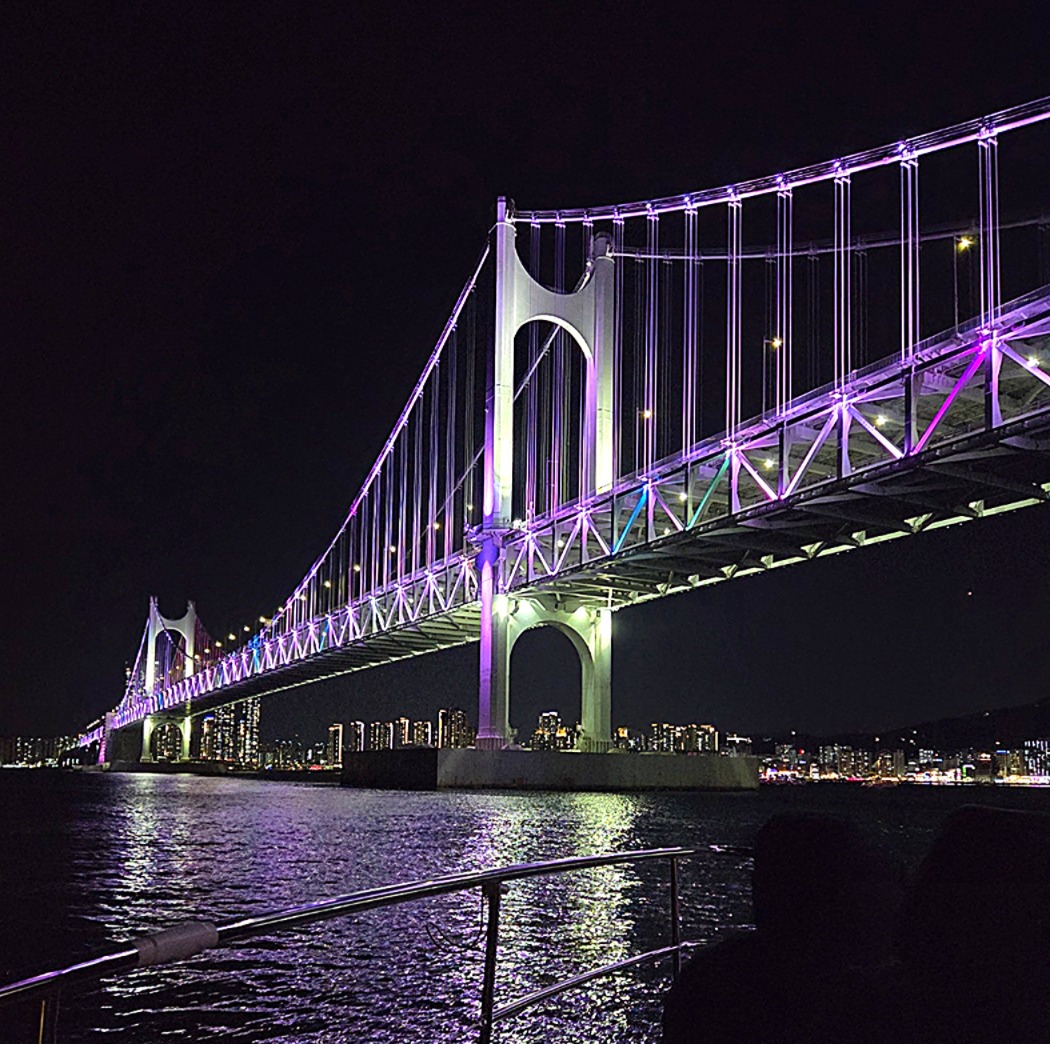
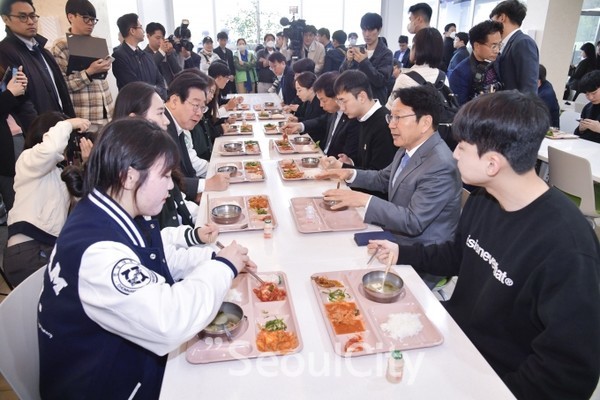
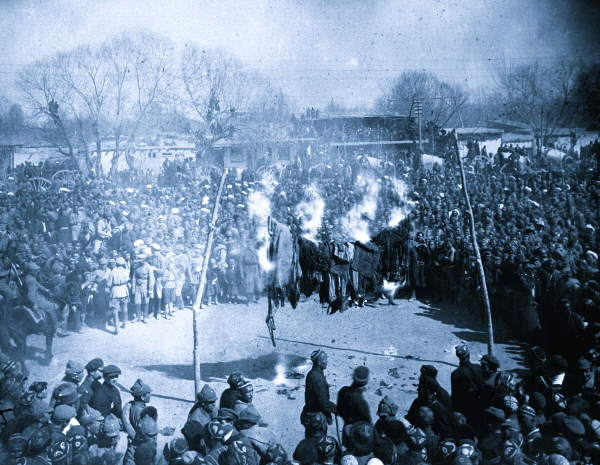
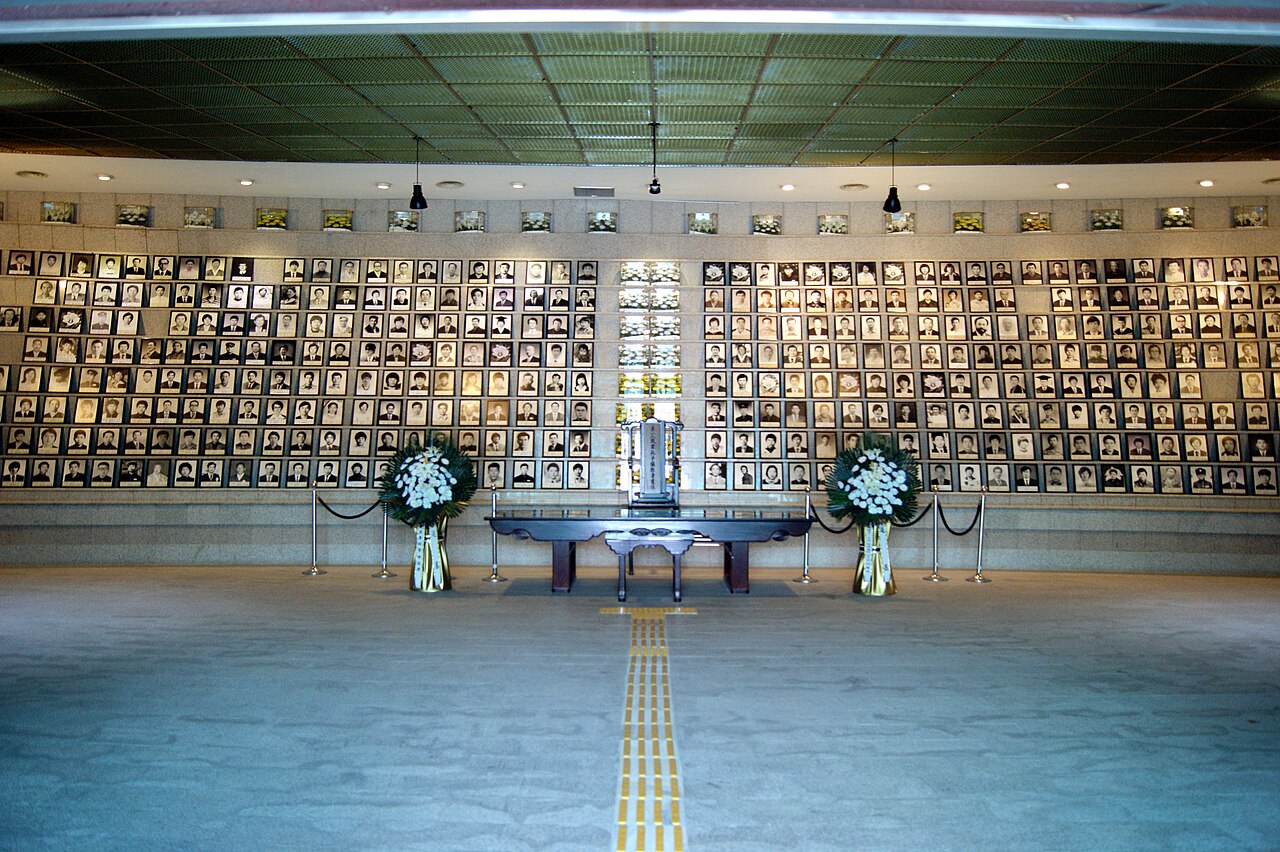
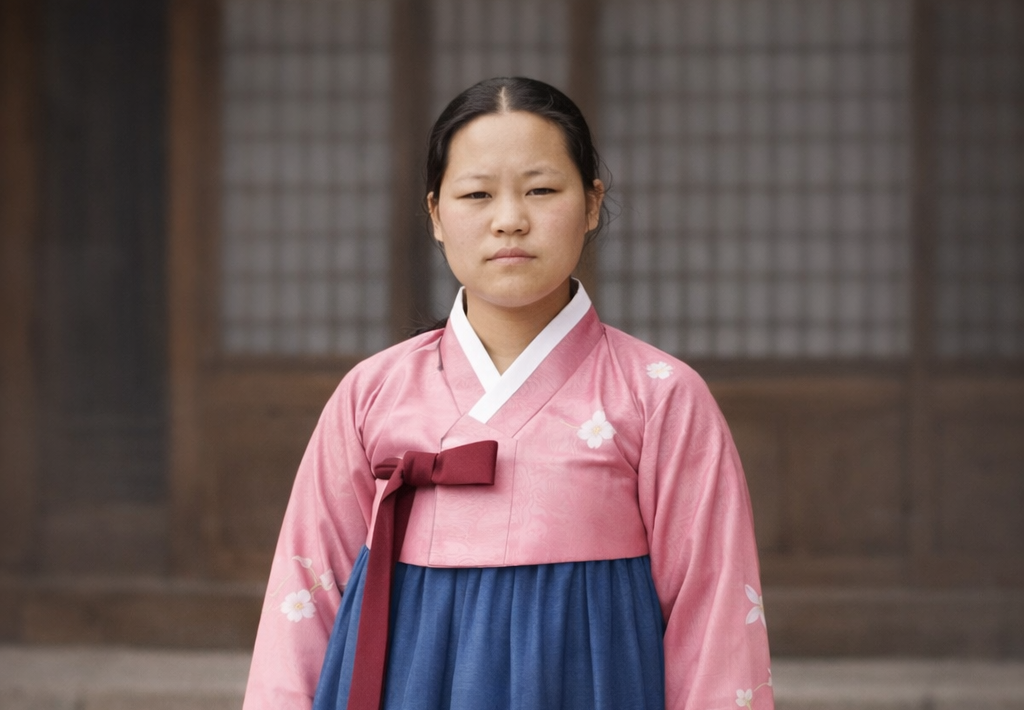
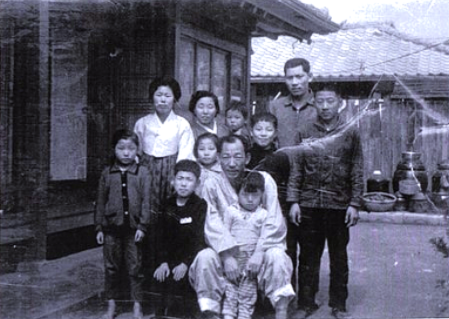
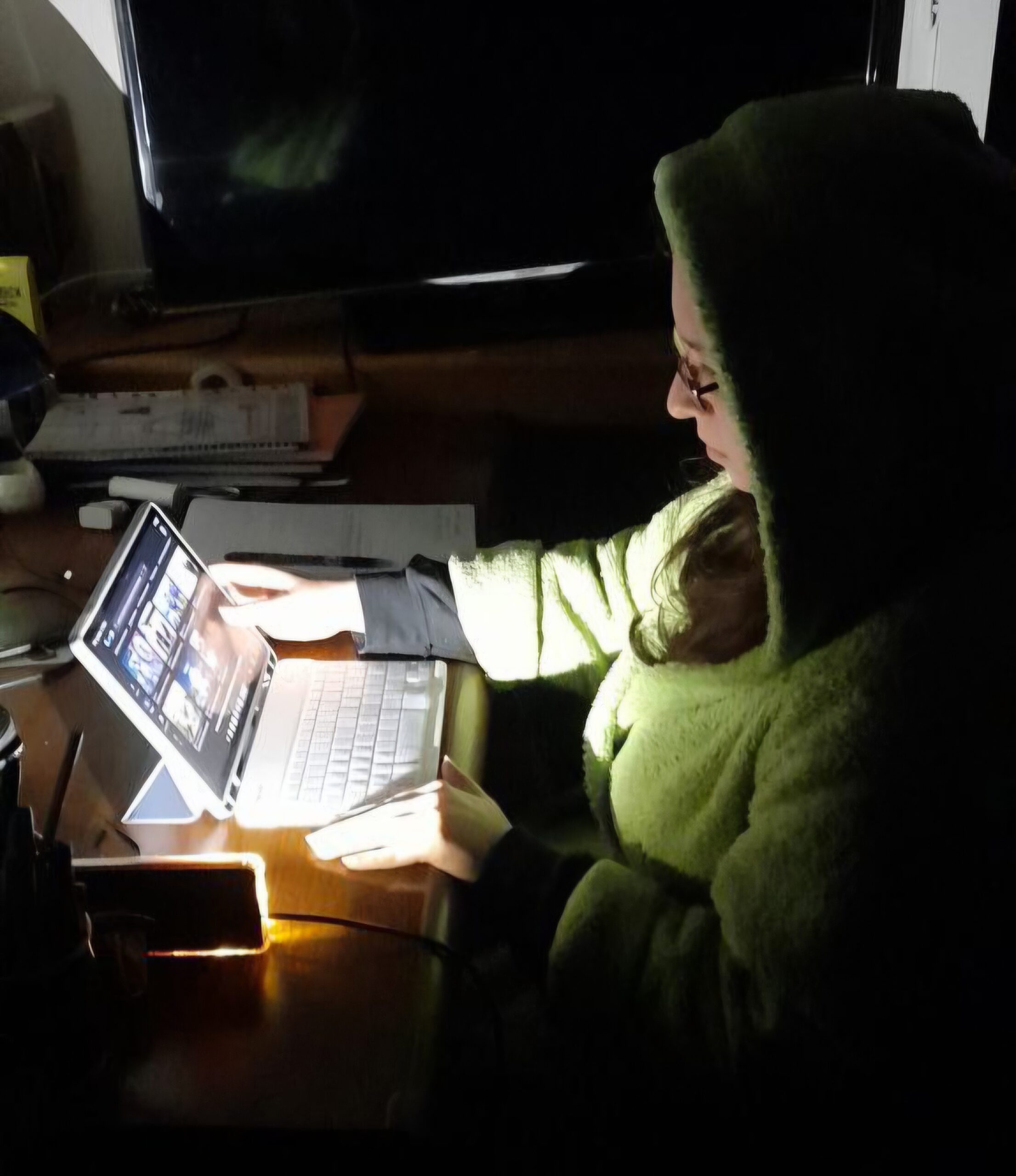
By Dr. Don Baker This past September, the May 18 Foundation organized a conference to which Dr. Donald Baker was invited to speak. Dr. Baker is a Korean studies scholar, … Read More
By Julienne Mei Magbanua It was in high school when I saw the movie A Taxi Driver. It was about a taxi driver who drove a German reporter to Gwangju … Read More
By Park Yeonju May has returned once again. Fresh green grass begins to sprout, and a gentle breeze flows through the air. But in Gwangju, many still carry the pain … Read More
By Dhivyaa S. P. When I first chose Chonnam National University for my graduate studies, my decision was entirely academic. I was drawn by the work of a professor whose … Read More
By Park Yeonju “Young students must survive. You guys have to tell others exactly what you witnessed today. Be witnesses to history of how we fought and died.” These are … Read More
The May 18 Foundation was founded in 1994 in order to help develop Korea through the spirit of struggle and solidarity of the May 18 Democratization Movement or Gwangju Uprising. Through various projects, the Foundation is committed to sharing the history of the May 18 Movement and its impact as the “foundation of democracy in Korea” at a national level, though it also promotes democracy and human rights at a global level. We meet Mr. Won Sun-seok, the chairperson of the May 18 Memorial Foundation, where he shares his personal account of the May 18 Democratization Movement, the Foundation, and his hope for the future.
By David Dolinger I I have thought long and hard about what I could write for you, how I could regal you in tales about Gwangju and Jeollanam-do in the … Read More
Tim Warnberg was a 24-year-old American Peace Corps volunteer who lived in Gwangju and worked at Chonnam University Hospital as a Hansen’s Disease case worker. During the Uprising, he remained in the city to help take care of the citizens.1 Tim was selfless during that time, doing all that he could to aid the citizens, and he has long been recognized for his contributions. There is no question that Tim played an important role in Gwangju before, during, and after the Uprising.